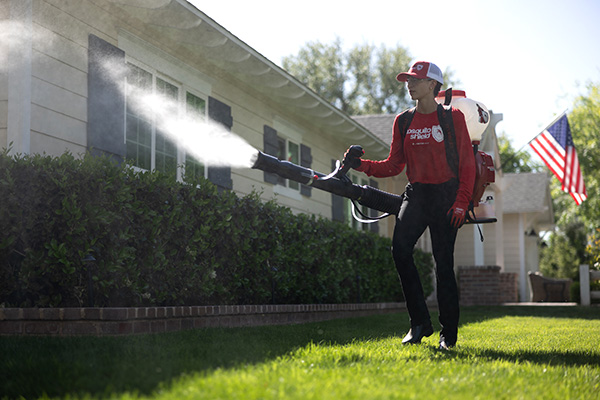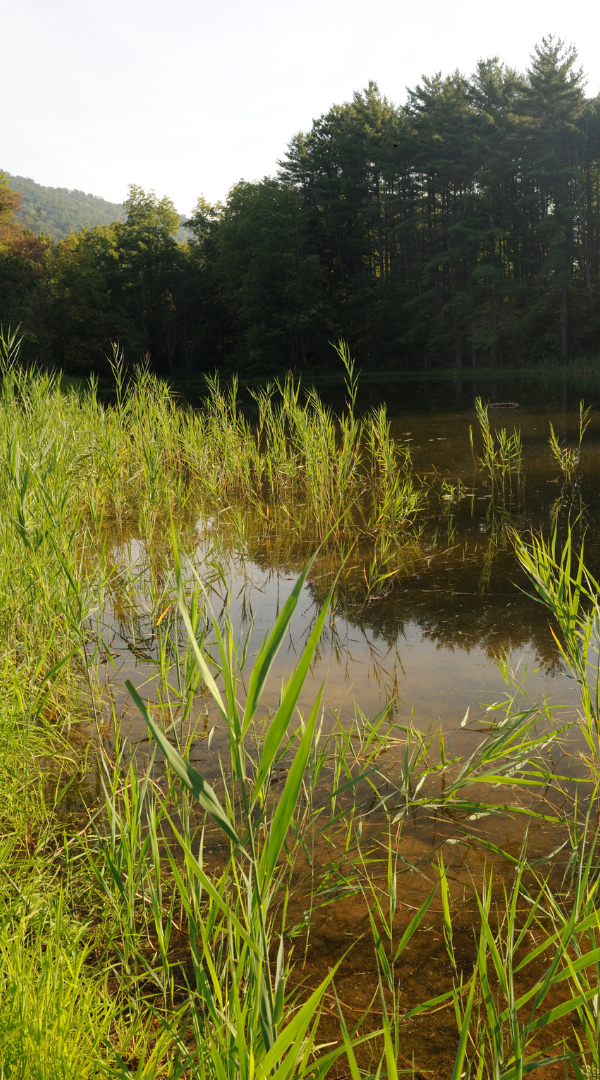Experience relaxation and peace in your New Kingston backyard with our proven mosquito control solution. Trusted by families in New Kingston, our innovative approach not only repels mosquitoes but also establishes a durable barrier customized to your outdoor environment. Mosquito Shield of Central PA is dedicated to creating mosquito-free zones, so you can enjoy your outdoor spaces without interruption.

Effective mosquito control in New Kingston, PA, that drives mosquitoes away and keeps them out of your yard.

Enjoy mosquito-free outdoor time in New Kingston with treatments designed to provide lasting results.

Highly rated mosquito control services in New Kingston, trusted by residents to enhance outdoor living.

New Kingston, Pennsylvania, is a small unincorporated community in Luzerne County near Kingston Borough, situated close to the Susquehanna River and surrounded by suburban and wooded terrain. The area’s modest wetlands, river corridors, and leafy residential parcels contribute to outdoor appeal—and also encourage mosquito and tick presence.
New Kingston’s river-edge trails, shaded neighborhoods, and nearby open land support active mosquito and tick populations during seasonal peaks.
Residents may be exposed to mosquito‑borne diseases including West Nile virus along with other regionally monitored viruses. Tick‑borne infections—including Lyme disease, Rocky Mountain spotted fever, ehrlichiosis, and anaplasmosis—are known to persist across Eastern Pennsylvania from spring into fall.
Risk reduction strategies include:
Regular pest control services paired with landscape management and awareness help keep New Kingston safe and enjoyable for residents and visitors alike.

The weather in New Kingston aligns with a humid continental climate, featuring warm, humid summers and cold winters. Mosquito activity begins when temperatures stay above approximately 50 °F—typically in late spring—and peaks through July into early fall, before sharply declining after the first frost in October or November. Ticks emerge in April and remain active through October, with numbers diminished by colder temperatures in winter.

